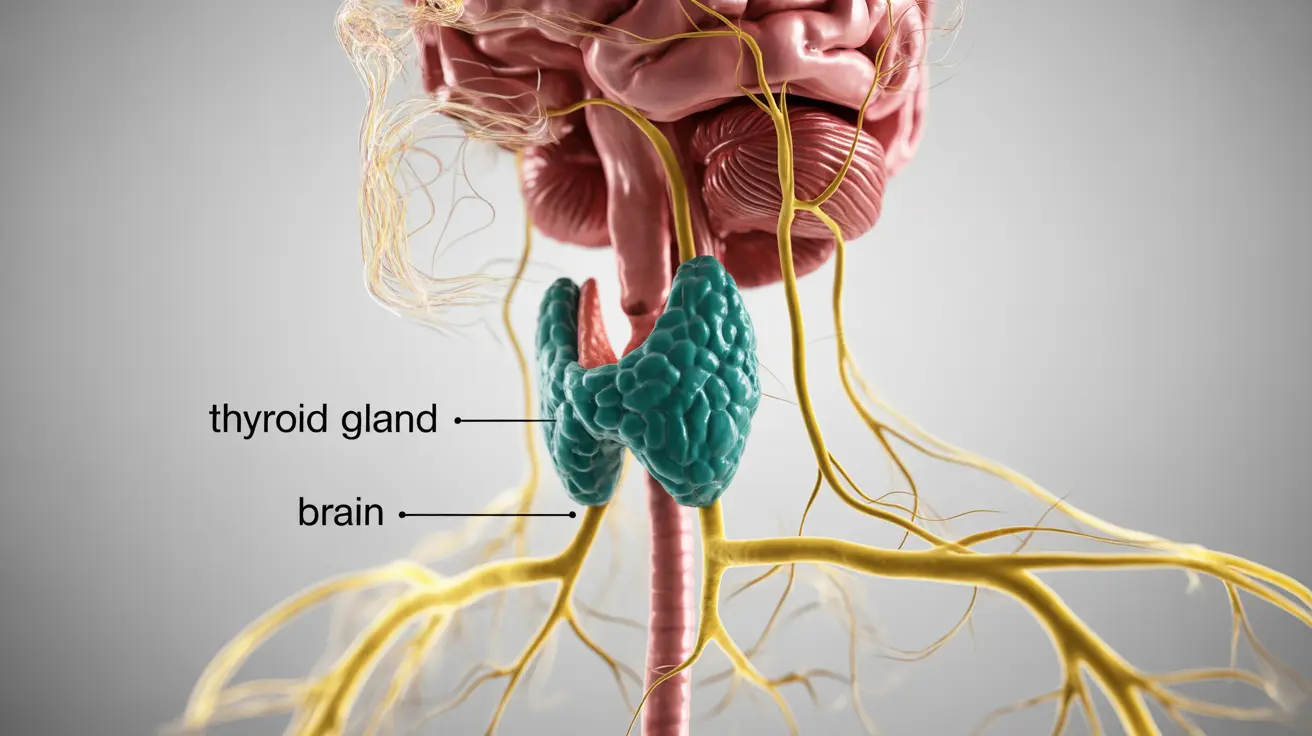The relationship between thyroid disorders and seizures is a significant medical concern that affects many individuals. Understanding how thyroid issues can trigger seizures is crucial for both patients and healthcare providers, as proper management of thyroid function may help prevent these potentially dangerous neurological events.
This comprehensive guide explores the complex connection between thyroid dysfunction and seizure activity, offering valuable insights into recognition, prevention, and treatment options.
Understanding Thyroid Function and Neurological Health
The thyroid gland plays a vital role in regulating various bodily functions through the production of thyroid hormones. These hormones affect nearly every organ system, including the brain and nervous system. When thyroid hormone levels become severely imbalanced, they can impact neurological function and potentially trigger seizures.
How Thyroid Dysfunction Leads to Seizures
Direct Effects on Brain Function
Thyroid hormones are crucial for proper brain development and function. When these hormone levels become severely elevated, as in hyperthyroidism, they can increase brain excitability and lower the seizure threshold, making seizures more likely to occur.
Metabolic Disruptions
Thyroid dysfunction can cause significant metabolic changes that affect electrolyte balance, blood sugar levels, and oxygen delivery to the brain. These disruptions can create conditions that make seizures more likely to develop, even in individuals with no prior history of seizure activity.
Thyroid Storm and Seizure Risk
A thyroid storm is a rare but severe form of hyperthyroidism that can be life-threatening. During a thyroid storm, the body's systems become overwhelmed by excessive thyroid hormone levels, leading to various complications, including seizures.
Warning Signs of Thyroid Storm
- Extremely high fever
- Rapid heart rate
- High blood pressure
- Confusion or agitation
- Severe tremors
- Nausea and vomiting
Treatment Approaches
Managing Thyroid Function
The primary goal in preventing thyroid-related seizures is maintaining proper thyroid hormone levels through appropriate medical treatment. This may include anti-thyroid medications, radioactive iodine therapy, or surgery, depending on the specific condition.
Anti-Seizure Medication Considerations
When prescribing anti-seizure medications for patients with thyroid issues, healthcare providers must carefully consider potential interactions between these medications and thyroid function. Some anti-seizure drugs can affect thyroid hormone levels, requiring careful monitoring and dose adjustments.
Prevention Strategies
Preventing thyroid-related seizures involves several key approaches:
- Regular thyroid function monitoring
- Strict adherence to prescribed thyroid medications
- Recognition of early warning signs
- Lifestyle modifications to support thyroid health
- Regular medical check-ups
Frequently Asked Questions
Can hyperthyroidism cause seizures even if I have never had a seizure before?
Yes, hyperthyroidism can potentially trigger seizures even in individuals with no prior history of seizures. This typically occurs when thyroid hormone levels become severely elevated, particularly during a thyroid storm.
What types of seizures are linked to thyroid problems like hyperthyroidism?
Thyroid disorders can trigger various types of seizures, including generalized tonic-clonic seizures, focal seizures, and absence seizures. The specific type may vary depending on the severity of thyroid dysfunction and individual factors.
How does a thyroid storm increase the risk of seizures and what are its warning signs?
A thyroid storm dramatically increases seizure risk by causing extreme elevations in thyroid hormone levels, leading to severe metabolic disturbances and increased brain excitability. Warning signs include high fever, rapid heart rate, confusion, tremors, and severe agitation.
Can medications for seizures affect thyroid hormone levels and thyroid function?
Yes, some anti-seizure medications can affect thyroid hormone levels and function. This interaction requires careful monitoring and potential dose adjustments to maintain proper balance of both conditions.
What is the best way to manage or prevent seizures caused by thyroid issues?
The most effective approach is maintaining optimal thyroid hormone levels through proper medical treatment, regular monitoring, medication compliance, and lifestyle modifications. Early recognition and treatment of thyroid dysfunction is crucial for preventing seizures.




